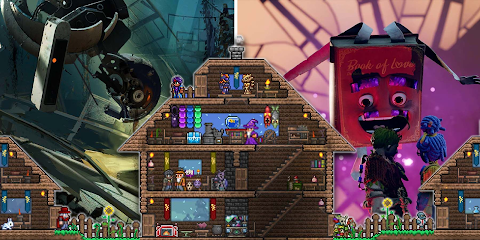Exploring the Enigmatic Allure of the Forbidden Love Trope
In the vast realm of storytelling, certain themes and motifs hold a timeless fascination for audiences across cultures and generations. One such theme that continues to captivate our hearts is the "Forbidden Love" trope. This narrative device revolves around the idea of star-crossed lovers who find themselves entangled in a romance that society, circumstances, or fate itself forbids. From Shakespearean classics to modern-day dramas, the forbidden love trope weaves a spellbinding tale that explores the depths of human emotion and challenges societal norms.
The Allure of the Unattainable:
What is it about forbidden love that keeps us spellbound? Perhaps it's the innate human tendency to yearn for what is unattainable. The very notion of forbidden love stirs our curiosity and stokes the flames of desire. As viewers or readers, we're drawn to the complexity of emotions that arise when individuals must navigate the treacherous waters of love in the face of overwhelming odds.
Breaking Boundaries and Challenging Norms:
At its core, the forbidden love trope challenges the boundaries set by society, culture, or circumstance. The protagonists often hail from different worlds, be it different social classes, rival factions, or clashing cultures. Their love becomes a metaphorical battleground where they fight against the constraints imposed by their surroundings. In doing so, they become symbols of rebellion against a world that seeks to dictate the course of their lives.
The High Stakes of Passion:
The heightened intensity of a forbidden romance amplifies the emotional stakes for the characters involved. The secrecy, the stolen moments, and the constant fear of being discovered add layers of tension and urgency to their relationship. Every glance, every touch becomes charged with a sense of urgency, underscoring the idea that their time together is precious and fleeting.
Tragedy and Triumph:
The forbidden love trope often leads to two divergent paths: tragedy or triumph. In the tragic variations, the love story ends in heartbreak and loss, emphasizing the unforgiving nature of societal constraints. These narratives serve as cautionary tales, reminding us of the toll that external pressures can take on matters of the heart. On the other hand, in stories of triumph, love conquers all obstacles, proving that the power of human connection can transcend even the harshest of circumstances.
Timeless Appeal and Cultural Universality:
From William Shakespeare's "Romeo and Juliet" to modern adaptations like "The Notebook" or "Brokeback Mountain," the forbidden love trope spans centuries and cultures. Its universal appeal lies in its ability to resonate with people from all walks of life. Regardless of language or era, the longing, the passion, and the struggles of star-crossed lovers strike a chord that transcends cultural boundaries.
In Conclusion:
The forbidden love trope continues to exert a magnetic pull on audiences and storytellers alike. Its ability to tap into the profound depths of human emotion, challenge societal norms, and offer a lens through which we can explore the complexities of love and desire makes it a timeless narrative device. As we journey through the pages of stories or the scenes of movies that bring forbidden love to life, we are reminded that love is a force that can defy even the most formidable obstacles, leaving an indelible mark on the human experience.




Comments
Post a Comment